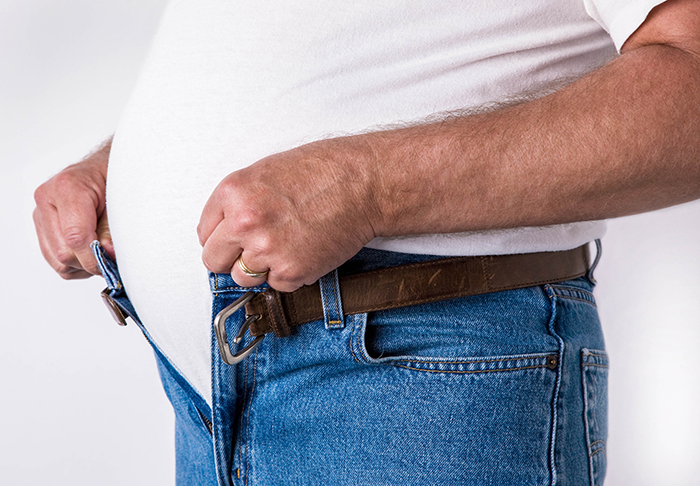
“Our discrimination against people who are overweight is the last accepted form of bigotry.”
Those words from Dr. Shanker Nesathurai, medical officer of health for the municipality.
He addressed the board of health at its May 2 meeting and spoke about stigma and its impact on individuals and society in general.
“There’s something we can all do – reduce stigma,” he said.
He added that the term was used as a sign of shame since the days of yore.
“In modern times, it’s a prejudice by others against another. And it’s shame and self-loathing by someone who is affected,” he said. “Stigma is adverse to the health of individuals and adverse to the health of the community.”
One area where stigma is heavily negatively impactful is opioid use and addiction. Nesaturai said that should be stopped.
“Opioid use is a disorder. It’s fundamentally an illness,” he said.
And it’s rampant.
Nesathurai said through the first four months of 2024, 16 people have died in Chatham-Kent as a result of opioid use.
Alcoholism is another area long impacted by stigma, Nesathurai said. A total of 45 people died in 2023 as a result of alcohol use.
“Alcohol is toxic. As we all know, some people consume alcohol to the point it affects relationships,” he said. “It sometimes leads to legal consequences.”
As with other instances of substance abuse, Nesathurai said some see alcoholism as a problem of self control.
That’s also the case with obesity, he added.
“Obesity is not a crime. Nevertheless, people who are overweight are dismissed as lacking in self control,” Nesathurai said.
This despite the fact that two out of every three people in Chatham-Kent are technically overweight, according to the Body-Mass Index.
“I’m 206 (pounds), am 5-foot-9. Under the BMI, I am overweight,” he said. “If I picked up a donut, what would people think? But if I weighed 360 and picked up a donut, what would people think?”
Nesuathai said people are quick to judge.
“Obesity is not what we eat or how much activity we do. It’s a much more complicated phenomenon,” he explained, adding health-care professionals can be guilty of adding to the stigma. “People who are overweight often have their medical problems dismissed. That’s not a great way to practise medicine.”
Nesathurai said all is not lost, despite the stigma that is prevalent in many sectors of society.
“I’m a cultural optimist. We can all change. We can all reflect on our ideals, our speech and our attitudes,” he said. We can do something today. The treatment is dialogue. It’s respectful dialogue. It’s breaking taboo.”






